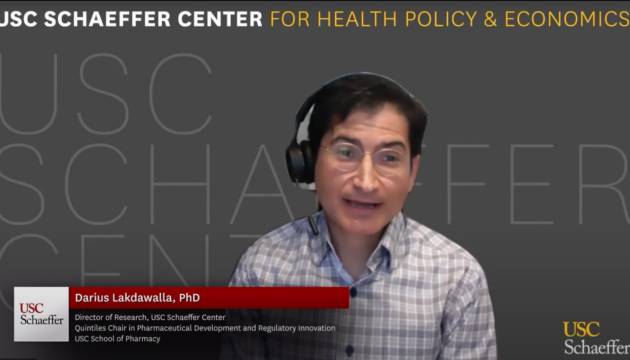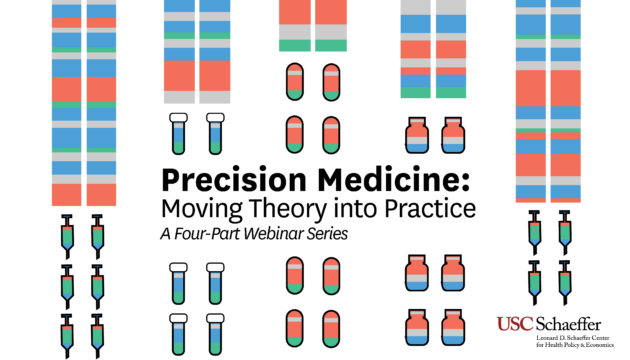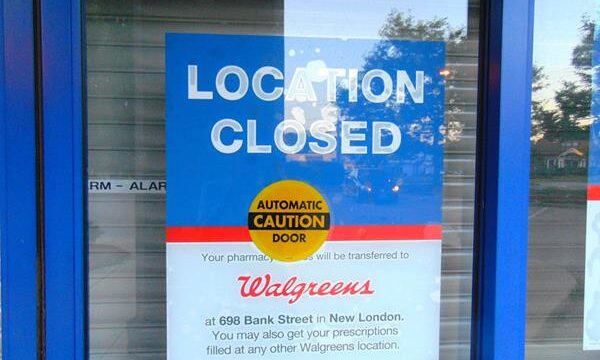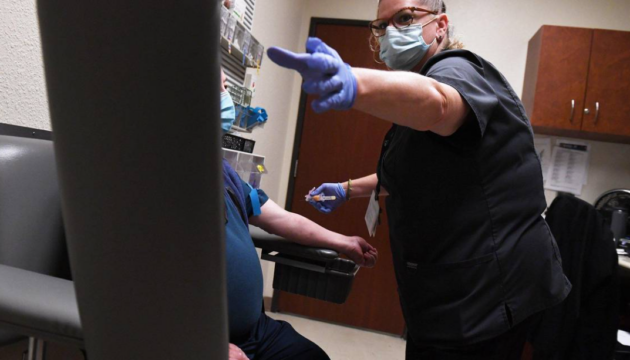Articles
-
Experts at Schaeffer-Aspen Webinar Discuss Modernizing Health Technology Assessment in the U.S.
The U.S. does not have a coordinated process to evaluate the effectiveness and value of new devices, medicines or procedures. Schaeffer Center and the Aspen Institute hosted a panel discussion on the viability of an Institute of Health Technology Assessment.
-
Congress Ends Surprise Billing Implications for Payers, Providers and Patients
The No Surprises Act represents a rare bipartisan moment for Congress and a long-needed safeguard for patients that will reorient relationships among payers and providers.
Categorized in -
Precision Medicine: Moving Theory into Practice
Over a four-part webinar series, Schaeffer Center will bring together experts to discuss how we can move precision medicine from theory to practice.
-
FDA’s Approval of Aducanumab Paves the Way for ‘More Momentous’ Alzheimer’s Breakthroughs
The FDA’s recent approval of the first disease-modifying therapy for Alzheimer’s will fuel the chances of even more breakthroughs.
-
USC Study Finds When Medicare Chips in for Hepatitis C Treatment for Medicaid Patients, Everyone Wins
A Medicaid-Medicare partnership could cover lifesaving hepatitis C medications — and still save $1 to $1.1 billion over 25 years
Categorized in -
New Schaeffer Center White Paper Explains Complicated Relationship Between FDA Approvals and Future Innovation
The relationship between approvals and future innovation is unclear at best. As such, the FDA should continue to base its decisions solely on safety and efficacy, rather than speculative long-term innovation effects.
Categorized in -
Roybal Fellow Sparks Winning Nudge to Increase Vaccine Uptake
Jehan Sparks helped design the top-performing “nudge” which resulted in an 11% increase in the rate of flu shot vaccinations.
-
Targeted Therapies Linked to Improved Outcomes for Advanced-Stage Breast Cancer Patients
Targeted therapies accounted for about 90% of new active substance approvals in oncology between 2011 and 2018.
Categorized in -
‘Pharmacy Deserts’ Disproportionately Affect Black and Latino Residents in Largest U.S. Cities
Black and Latino neighborhoods in the 30 most populous U.S. cities had fewer pharmacies than white or diverse neighborhoods in 2007-2015, USC research shows, suggesting that ‘pharmacy deserts’ — like so-called food deserts — may be an overlooked contributor to persistent racial and ethnic health disparities.
Categorized in -
California Native Americans Won Healthcare Settlement. Federal Government Hasn’t Delivered
Despite a 1979 federal court-ordered settlement that would have pumped millions of dollars into California for Native American health care, the state’s share remains stunningly underfunded by the Indian Health Service, according to a new story from The Center for Health Reporting.
Categorized in









